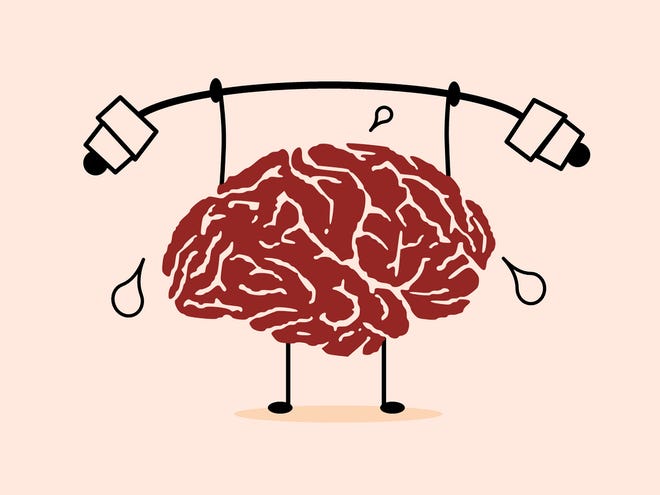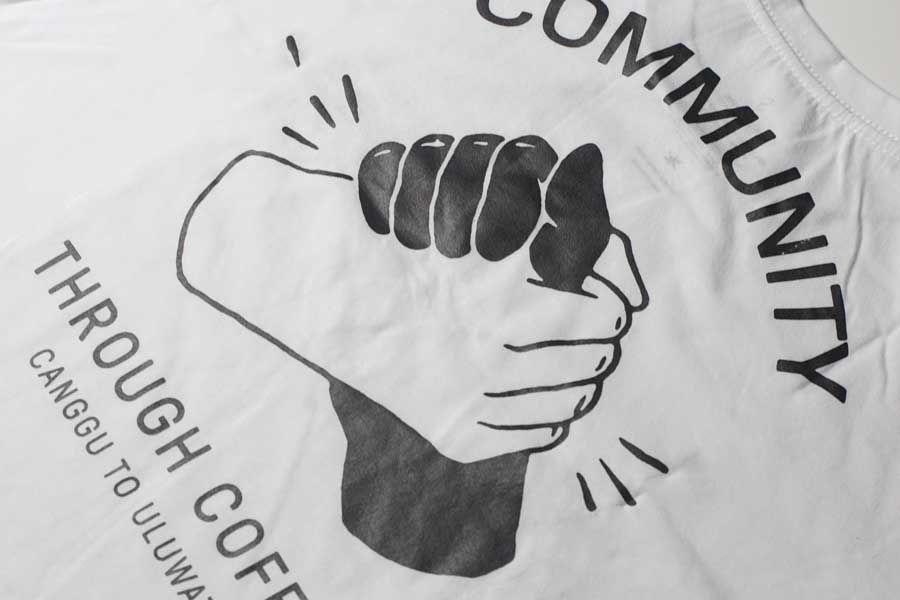We often use terms like “addictive,” “compulsive,” or “OCD” to describe everyday patterns of behavior. However, it’s essential to understand the actual meanings behind these terms and the mental disorders associated with them. Understanding the difference between behavioral patterns and mental disorders can help us to spot problems when they arise and support people experiencing mental disorders.
Impulse Control Disorder is a category of mental disorder that causes people to have difficulty controlling their behaviors and responding to certain situations. This type of disorder often leads people to do things that will cause harm to themselves. Understanding and addressing this disorder’s effects can help people regain agency over their lives and disrupt destructive behavioral patterns.
Types of Impulse Control Disorders
Impulse control disorders are generally broken up into five types. The first is kleptomania or the uncontrollable urge to steal. This does not refer to stealing necessary items that a person lacks access to, but instead stealing that has no purpose and value to the individual. The second type is pyromania or the uncontrollable urge to set fires.
People also experience Intermittent Explosive Disorder, or the inability to control anger responses in any situation. This typically manifests in unreasonable and uncontrollable reactions to everyday problems. Pathological gambling is another commonly known Impulse Control Disorder. Finally, there is trichotillomania or a disorder in which a person cannot control their urges to pull out their hair.
Symptoms of Impulse Control Disorders
The symptoms of Impulse Control Disorders can vary significantly based on the type of disorder a person is experiencing. However, some symptoms are common across all types of Impulse Control Disorders. These disorders are characterized by obsessive thoughts and an inability to delay gratification, which often manifests in uncontrollable urges. People experiencing these disorders often feel intense anxiety that can cause them to engage in impulsive behaviors.
Causes of Impulse Control Disorders
As with most mental disorders, there is no single known cause of Impulse Control Disorders. There are several risk factors for Impulse Control Disorders, such as a family history of these or other mental health disorders, chemical or structural differences in the brain, or traumatic life experiences.
Impulsive behaviors can start as attempts to control situations or feelings that seem impossible to handle. This could be anything from traumatic living situations to intense anxiety or depression. Often, when presented with stimuli that are difficult to understand or affect, our bodies can turn to destructive behaviors in a misdirected attempt to protect us.
Impulse Control in Other Mental Disorders
Aside from the five main types of Impulse Control Disorders, impulsive behavior is a common symptom in many other mental disorders. Common disorders that typically involve impulse control issues include Bulimia and Substance Use Disorder. These behaviors may start as unhealthy coping mechanisms, and turn into compulsive behaviors that are difficult to stop.
In addition, a person can experience Impulse Control Disorder at the same time as other mental disorders, such as anxiety, depression, or post-traumatic stress disorder. It is possible for one mental illness to increase the risk of developing another or for people to simply experience multiple conditions at the same time.
Addressing Mental Health Stigma and Stereotypes
People experiencing Impulse Control Disorders and other mental disorders are often subject to negative stigma and stereotypes. Common beliefs include the idea that a person is at fault for their mental condition, that people experiencing mental illnesses are dangerous, or that they just aren’t trying enough to stop the symptoms.
Though these beliefs are often deep-seated and difficult to change, they do not reflect reality and can be very harmful to people experiencing mental disorders. Stigma and stereotypes often discourage people from seeking help, deny them essential resources, or cause them to ignore the negative impacts of mental disorders.
Recovery is Possible
While impulsive behavioral patterns and symptoms of Impulse Control Disorders can seem overwhelming and impossible to change, it’s important to remember that recovery is possible. Depending on a person’s situation, different types of therapy, medications, and coping strategies can be effective in addressing the roots and symptoms of Impulse Control Disorder.
Seeking treatment for mental health disorders can often seem daunting. If you or a loved one is experiencing an impulse control disorder, it’s essential to do your best to remain calm, do thorough research on the disorder, and consult mental health professionals. With time and proper resources, you can find a treatment plan to make recovery a reality.






